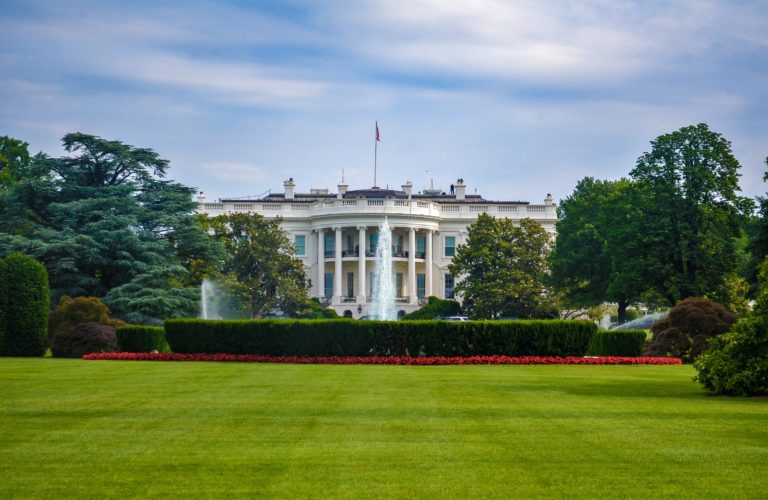It’s official: the number of women who have ever appeared on a presidential debate…
Election 2019: A Night of Historic Wins

2019 may have been an off-year election, but that doesn’t mean last night didn’t bring in historic results. Here are four major gender + politics trends we saw:
Women running again after an electoral loss.
Several of the women candidates on the ballot yesterday had lost a previous race. Instead of being deterred, they chose to run again, and for many, it paid off. As Barbara Lee Family Foundation executive director Nicole Carlsburg explains, “Often in the past, women have been blamed and shamed for losing campaigns, and have faced a harder road back to politics. However, recent Barbara Lee Family Foundation research shows a welcome change in voter attitudes.” Research shows that voters are incredibly open to the idea of a woman candidate relaunching herself after an electoral loss. And as we saw yesterday, losing an election can actually be the start of a woman’s next chapter.
To learn more, check out Nicole’s full blog post: So you lost an election? Here’s what to do next.
The future of the Equal Rights Amendment.
One of the biggest stories of the night was the flip of the Virginia House and Senate. While this was a victory for Democrats, it potentially has much larger national implications: it will most likely lead to the passage of the Equal Rights Amendment in Virginia, which will be the last of the 38 states needed to ratify the ERA. It’s not clear exactly what will happen after that, but it would be a landmark step in the move towards gender equality in the United States.
To learn more about the National Women’s Political Caucus and their long fight to pass the Equal Rights Amendment, read the team’s post: The National Women’s Political Caucus: A Brief History.
Ranked Choice Voting gains.
Another major story happened a few states north in New York City with the passage of the Ranked Choice ballot measure. As the biggest city in the country, this change will triple the number of people in the US using RCV. As RepresentWomen explains in their recent blog post, RCV helps advance gender parity in politics in three ways:
First, RCV elections tend to be more civil and issue-focused, appealing to more women candidates than the winner-take-all system. Second, RCV elections eliminate the spoiler effect, or vote-splitting, allowing multiple women candidates to run without taking votes away from each other. And third, RCV elections save money, because in the case of a close race, there would be an instant runoff rather than a subsequent runoff election.
Read RepresentWomen’s full post to learn more: What is ranked choice voting?
The importance of state legislatures as a pipeline for women candidates.
From Boston, MA voting in its most diverse and first woman-majority City Council; to Tucson, Arizona electing its first woman and first Latina mayor; to Virginia setting a new record of 41 women in the state legislature, there was excitement around the country as cities and states elected leaders that are more reflective of the communities they’re serving. As we’ve seen in the past, local elections are often the first step for rising politicians. Just last year, Boston City Councilor Ayanna Pressley become Massachusetts’ first Black woman elected to Congress. As Lucy Gettman, the executive director of Women In Government, Inc., reminds us, “States play a vital role in filling the political pipeline of leaders to Congress. In other words, if we want gender parity in Congress, it will come largely from the states.”
You can read Lucy’s full post on the political pipeline here: Achieving Parity in Congress – One State at a Time.
Last night was exciting as we saw historic firsts and gender parity milestones sweep the country, and it only made us more excited for Election 2020.






